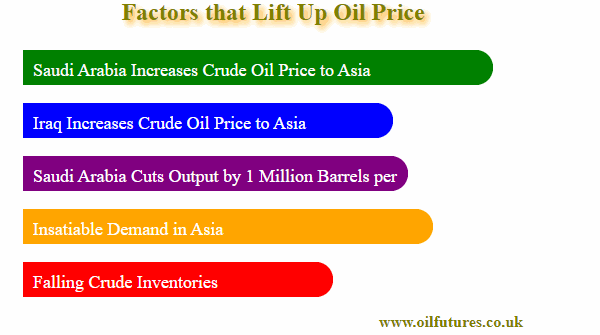Iraq that has been suffering from months of social unrest,
stemmed mainly from harsh economic realities, finally saw an opportunity to boost
its coffers, perhaps being inspired by Saudi Arabia.
It raised the crude oil price for Asia to $1.10, an
increase of 0.70 cents. Saudis did the same last week for the region.
Iraqi unrest mainly springs out from Basra, the
oil-rich, Shia-dominated southern region.
Iraqis raised the price of Basra light crude for
Asia, perhaps in the hope of addressing the catalogue of grievances raised by the
protestors over the lack of basic facilities, despite playing the key role in
bolstering the state’s revenues.
Iraq may not be as influential as Saudi Arabia in
the OPEC+, despite being the world’s second biggest oil exporter. Its potential
for substantial output, however, remains significant, once the internal dissension
is addressed satisfactorily.
In a surprise move, Iraq is cutting the prices of
all forms of oil to Europe by at least 0.80 cent. Analysts see this as a way of
keeping an eye on a possible shale boom as an inevitable response to the price
hikes.
On Monday, oil prices dipped slightly at the news
that the Europeans lockdowns can only get tougher, even to the level of
imposing curfews in certain cities.
In the UK, for instance, the level of infection rate
at present is akin to something uncontrollable with a steep increase in deaths.
People are warned not to venture out at all, unless it is for something deemed essential.
Understandably, the oil demand may go down with less
traffic on the roads and this may affect the price in the coming days. On a
positive note, however, the vaccination drive is in full swing.
It takes a few weeks to see the impact of the
vaccines and if the signs are encouraging, the governments will ease out the
restrictions in proportion to the degree of success of the inoculation, which
will lead to the revival of economic activities – including that of the oil
sector and its myriad of tentacles.







